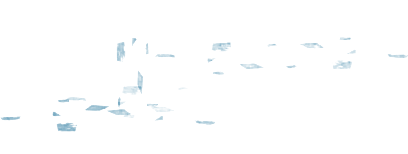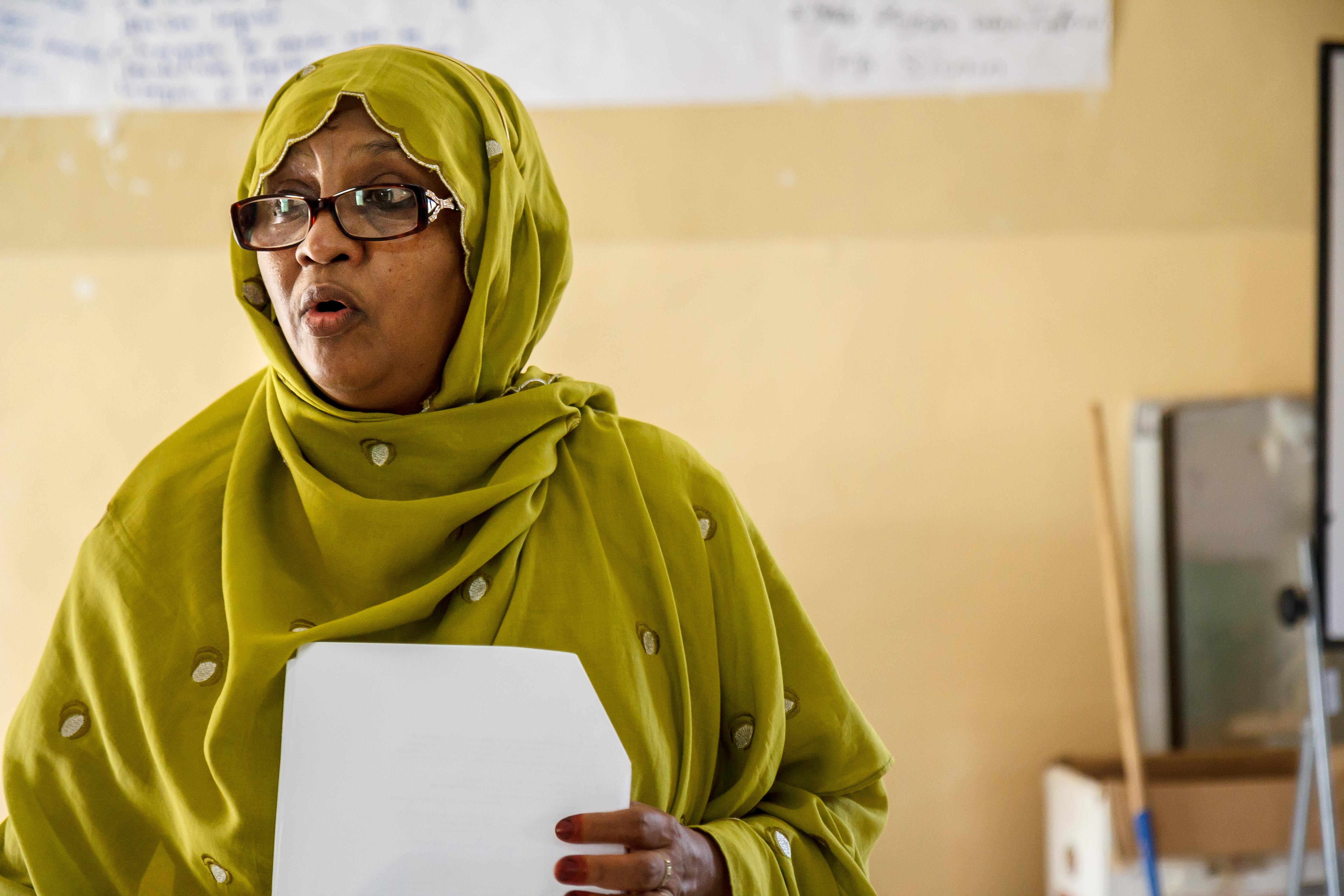
Somalia/Somaliland
Somalia continues to suffer from the effects of almost thirty years of civil war which has raged across all three largely autonomous zones: Somaliland, Puntland and South-Central Somalia.


Inadequate access to primary health care services, inadequate quality of service provision, poor hygiene and sanitation, and low supply levels are just some of the factors which contribute to the country’s poor health indicators.
During the first thirteen years of the civil conflict (until 2003), not a single health training facility was operational and thus no health professionals of any cadre were produced. As a result there are just 0.29 doctors, nurses and midwives per 1,000 population, whilst the World Health Organization recommends a minimum staffing of 2.3 per 1,000 in order to ensure adequate health care provision.
THET has been working to improve the capacity of the Somalia/Somaliland health workforce since 2000 and in 2011 opened a Country Office in Hargeisa.
Somaliland also has one of the worst maternal and child mortality rates in the world. With the majority of the population living in isolated, rural areas of , many pregnant women are unable to access healthcare services. Community-based health care can provide a lifeline to these communities. As such, GHP is training members of remote villages with the skills needed to support their communities with healthcare services they would otherwise not receive.
THET has been operating in Somalia/Somaliland for over 20 years, excelling in policy and systems development, health sector regulation, enhanced leadership and management, capacity strengthening, health worker teaching and training, and the promotion of sustainable local organisations. Our holistic approach ensures engagement while embedding tools, systems, and capacity at all levels for long-lasting impact. By fostering sustainability, we contribute to a robust healthcare infrastructure. Through empowering leadership, enhancing skills, and supporting local organisations, we strive to improve healthcare delivery in Somalia/Somaliland. With a steadfast commitment, THET Somalia/Somaliland continues to make a significant impact in the region’s health.
National Quality Improvement Programme (2023 – 2025)
Funded by Qatar Charity through King’s Global Health
AIM: Contribute to quality, essential healthcare services and development of training for the health workforce.
IMPACT: The Ministry of Health Development (MOHD) has been supported to develop a national plan and improve governance for post graduate medical education. This includes support to:
- Map availability and distribution of specialist doctors in Somaliland.
- Map availability of existing PGME provision.
- Analyse numbers and type of medical specialists needed to meet population health needs.
- Make recommendations and develop roadmap on PGME options to meet specialist health workforce requirements to serve the Somaliland population.
PARTNERS: King’s Global Health, Ministry of Health Development (MOHD)
Saving Mother at Delivery (2025 – 2026)
Funded the Fraxinus Trust
GOAL: To strengthen the quality and accessibility of maternal and child health services in existing communities by enhancing the capacity of health workers, integrating family planning and gender-based violence (GBV) care, and supporting community-led approaches to health.
OBJECTIVES:
- Strengthen maternal and child health services in 16 communities through a community-led approach, building on existing work.
- Enhance the capacity of health workers, including 16 BEmONC-trained primary health workers and 160 CBHPs, to improve service delivery and access.
- Introduce family planning services at both the primary health facility and community levels.
- Address gender-based violence (GBV) by improving health workers’ knowledge and supporting the Ministry of Health and Development (MoHD) in developing a culturally sensitive approach to integrate GBV care into the health system.
IMPACT: Women’s health champions will mobilize communities and promote women’s health education, while primary health facility workers will be trained to deliver respectful, gender-sensitive care, including gender-based violence (GBV) support and prompt Basic Emergency Obstetric and Newborn Care (BEmONC).
PARTNERS: Ministry of Health Development
Global Health Workforce Programme
The Global Health Workforce Programme (GHWP), funded by the UK Department of Health and Social Care (DHSC), marks a new milestone in GHP’s commitment to strengthening Somaliland’s healthcare system. Running from April 2024 to February 2026, this initiative is aligned with Somaliland’s national priorities and aims to foster collaboration to build a resilient health workforce for post-pandemic recovery and progress toward Universal Health Coverage.
OBJECTIVES:
- Health Workforce Leadership Capacity: Enhance leadership skills within the health workforce, aligning with national health workforce strategies to support the reduction of gender inequalities.
- Retention and Wellbeing Strategies: Align and contribute to strategies that improve the retention and wellbeing of health workers.
- Training Opportunities: Increase both the number and quality of training opportunities available to health workers.
- Knowledge Sharing: Co-develop and document learnings on health workforce interventions, sharing these insights with key national and international stakeholders. Through these objectives and outcomes, the GHWP seeks to address critical gaps in health workforce and health systems strengthening, ultimately contributing to improved health outcomes in the targeted countries.
The following programs are funded initiatives that will contribute significantly to strengthening the health workforce in Somaliland:
- Reduce maternal and newborn mortality and morbidity by enhancing healthcare provider skills and EPHS service availability and readiness
- The overall goal of the project is to strengthen nursing and midwifery education, research capacity, and professional development at the University of Hargeisa and the University of Nairobi
- To improve the capacity of Somaliland’s health workforce for effective prevention and management of non-communicable diseases (NCDs) through the establishment of a training and research institute to that provides support for the training of specialist healthcare workers, Continuous Professional Development, and capacity building in research, leadership, and implementation science
- To improve the regulation, capacity, and management of health workforce education and training in Ethiopia and Somaliland, thereby supporting governments in building resilient healthcare systems. This includes optimizing the utilization of both existing and emerging health workforce, enhancing the health Workforce capacity to address critical population needs and health system gaps.
Health Technology Mangement (HTM)
Funded by the DAK Foundation
Building on THET’s success in delivering the previous user training of health workers on the usage and basic maintenance of medical equipment, THET and the MoHD collaborated to expand the user training programme to five regional hospitals across the country
GOAL: To contribute to the reduction of maternal and under-five mortality by enhancing the usage and maintenance of medical equipment.
OBJECTIVES:
- To assess the progress of health workers trained in HTM in phase one and ensure they continue to have the skills to maintain medical equipment.
- To equip electrical technicians at five regional hospital and health centres with the skills to maintain medical equipment, undertake training, and develop and utilise Standard Operating Procedures and support health workers in basic medical equipment usage and maintenance.
- To improve the knowledge and skills of health workers in five regional hospitals and health centres on basic medical equipment operation and maintenance.
For more information about our work in Somalia/Somaliland, please contact our Programmes Coordinator, Kat Brassington, on katharina.brassington@globalhealthpartnerships.org.


